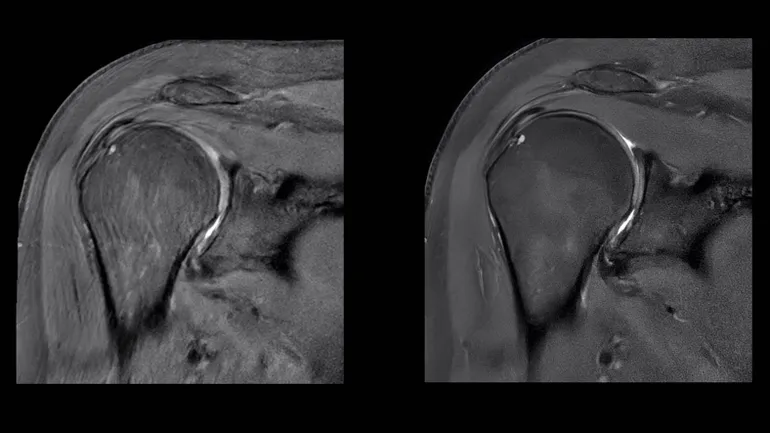Dive Brief:
- GE Healthcare has set up an AI Innovation Lab to accelerate early concept artificial intelligence projects, the company said Monday.
- The company shared details of five of its projects, including AI tools for predicting the recurrence of cancer, automating the interpretation of medical images and identifying normal mammogram scans.
- GE Healthcare, which said the tools are “concept projects,” also highlighted one technology that is closer to market. The company has requested 510(k) clearance of a tool for analyzing fetal heart rate.
Dive Insight:
GE Healthcare CEO Peter Arduini discussed how fast AI for radiology has advanced at a Morgan Stanley event in September, telling attendees the company has more than 70 devices that are authorized in the U.S. Arduini said AI features could enable GE Healthcare to add service revenues as it launches tools that enhance devices, enable multiple devices to work together or support enterprise-level improvements.
The CEO said the optimization of AI inside devices is the big opportunity for the next two to three years. The projects presented as part of GE Healthcare’s AI Innovation Lab include examples of how AI may be able to analyze data to support decision-making and make healthcare more efficient.
For one project, GE Healthcare is supporting the Winship Cancer Institute of Emory University’s work on the early prediction of triple negative breast cancer (TNBC) recurrence. Tumors recur in up to half of people with early-stage TNBC, the most aggressive subtype of breast cancer, and there are a lack of tools to predict who will be affected.
Researchers are using deep learning to evaluate data including genomics and pathology information. The goal is to show if deep learning can predict the likelihood of recurrence and thereby help the care team to design the treatment plan and monitoring schedule.
In another project, GE Healthcare is making a foundational model using 1.2 million X-ray images. The model could help automate key tasks including segmentation and classification of images, and could also be used to generate medical reports and interpret images into text. Taha Kass-Hout, global chief science and technology officer at GE Healthcare, recently discussed the importance of foundational models in a HLTH 2024 keynote session.
Other concepts include an AI tool to help clinicians quickly identify normal breast screening exams and a Health Companion that replicates hospitals’ multidisciplinary teams using AI agents specialized in different aspects of healthcare.
Arduini described the use for AI in bringing together disparate information at the Morgan Stanley event. “If you go through an oncology case, there might be five different imaging modalities. There might be biopsies. There might be omics, genomics and such, and six or seven different people look at those and it comes together in a report,” Arduini said. “It’s the perfect opportunity for machine learning or GenAI.”

